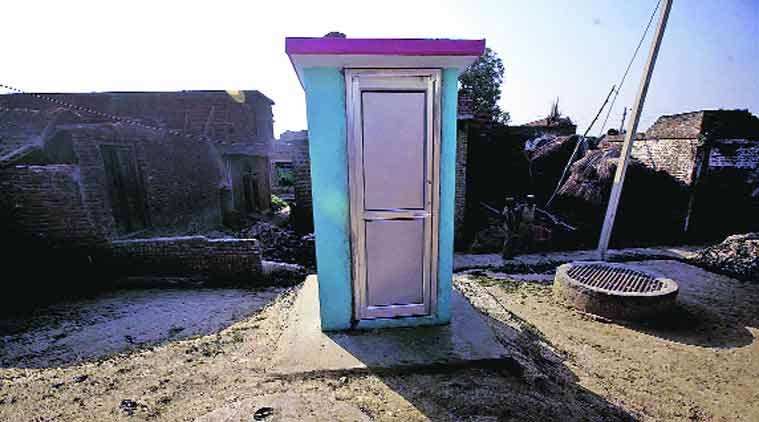Ministry of Housing & Urban Affairs has launched the next phase of Swachh Bharat Mission – Urban i.e. SBM-U 2.0 and has released central share funds for various projects with the approval of Single Nodal Agency, made for the smooth flow of funds under Central Sponsored Schemes.
Under the programme, funds are allocated for various projects. These include the construction of individual household latrines, public and community toilets, solid waste management, education and training, and knowledge management, Kaushal Kishore, Minister of State for Housing & Urban Affairs said in a written reply in the Rajya Sabha on Monday.
In 2014, over 62.81 lakh individual household latrines and over 6.36 lakh community and public toilets were constructed under the Slums Bill for Urbanization (SBMU). Out of the 92,634 wards, over 89,699 are practising door-to-door solid waste collection, while over 83,487 are segregating their waste. As of now, 75% of the generated waste is being processed, his written reply said.
The second phase of AMRUT was launched in October 2021. It is aimed at providing the necessary infrastructure to improve the living conditions of urban dwellers. So far, State Water Action Plans comprising 6,527 projects worth ₹1,29,636 Cr (incl. O&M) have been approved by Apex Committee at MoHUA.
Some of the major projects that have been approved include the construction of water supply projects worth over 87,896 crores. Other projects include the establishment of sewerage and septage management systems projects costing over 37,636 crore and the development of parks and green spaces valued at over 439 crores.
In order to monitor the flow of central funds under Centrally Sponsored Schemes schemes, the Department of Expenditure has issued a new procedure for the approval and monitoring of the projects. The new procedure will involve establishing a single nodal agency for each project having a Single Nodal Account in a scheduled commercial bank.
The implementing agencies of the program utilize the Zero Balance Accounts to carry out their operations. The funds are then utilized according to the real-time contribution of the State Share.

